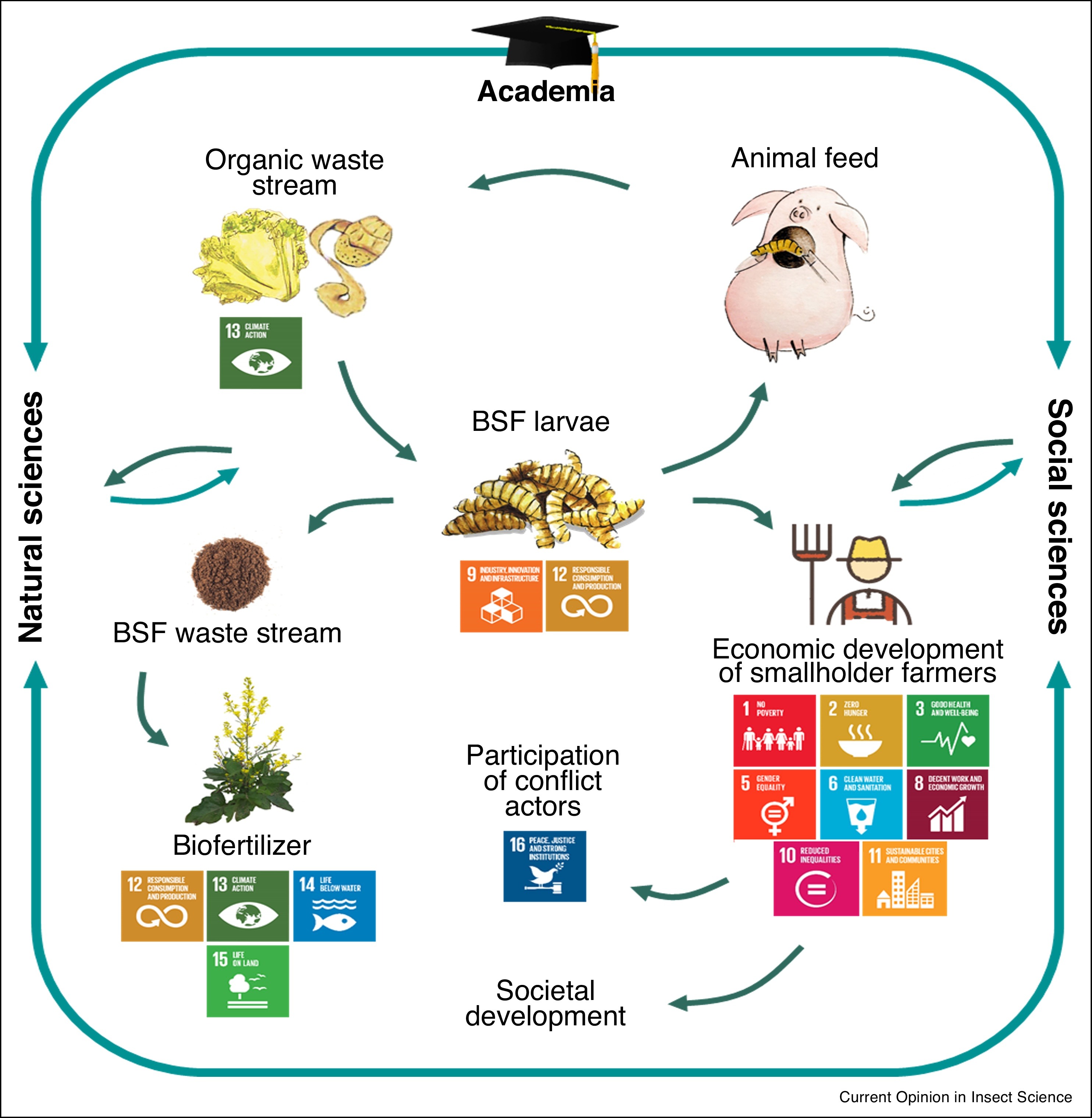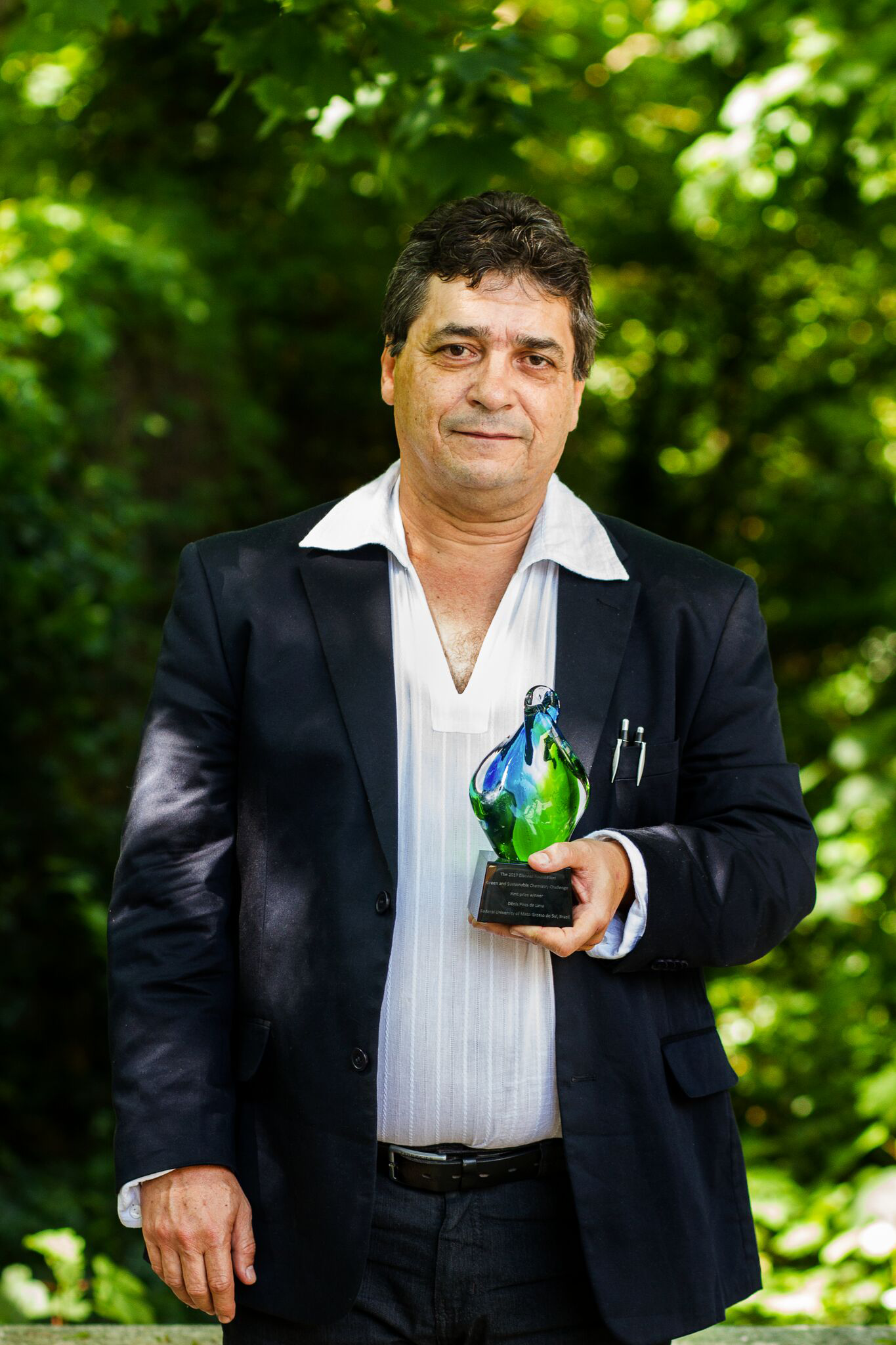Galapagos Giant Tortoises, Biodiversity of World: Conservation from Genes to Landscapes, 2021, Pages 503-509
Genetics, Neurology, Behavior, and Diet in Dementia, The Neuroscience of Dementia, Volume 2, 2020, Pages 833-847
Background: Approximately 2·8 billion people are exposed to household air pollution from cooking with polluting fuels. Few monitoring studies have systematically measured health-damaging air pollutant (ie, fine particulate matter [PM2·5] and black carbon) concentrations from a wide range of cooking fuels across diverse populations. This multinational study aimed to assess the magnitude of kitchen concentrations and personal exposures to PM2·5 and black carbon in rural communities with a wide range of cooking environments.
Although the last decades have seen an advance in equality and empowerment for women, there are still numerous challenges to be addressed. Among them, and particularly pressing in cities, are issues of gender-based violence, including sexual harassment in public spaces. Despite the numerous effects that street harassment has on women, and the high incidence of it in different countries, this issue has not been broadly studied, and even less so in cities in the Global South.
Insects such as the black soldier fly (BSF) are a nutritious feed component for livestock with high protein levels. BSF can be reared on a wide range of organic residual streams. This allows for local production within a circular agriculture, decoupling livestock production from import of expensive feed components, such as fishmeal or soymeal. Rearing of BSF can be done by smallholder farmers, thus contributing to their livelihood, economic sustainability and social status. Smallholder farmers contribute importantly to food security, which is a prerequisite for a stable society.


